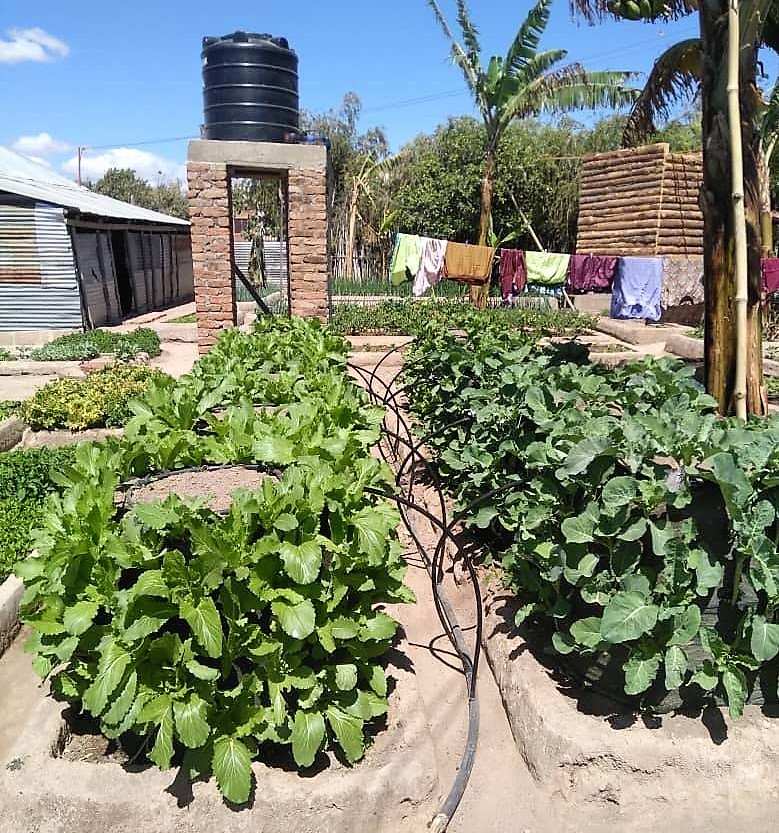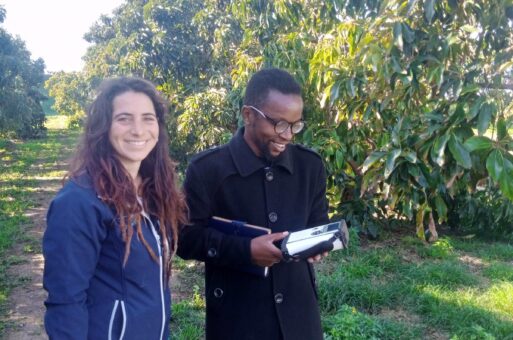Urban Farming in Tanzania
24 January, 2019
Urban Farming is consider as the way to guarantee favorable living conditions in developing countries such as Tanzania
Almost the 30% of GDP in Tanzania comes from agriculture; for that reason, it is necessary to look for alternatives in big cities for those farmers who migrate to the cities looking for new opportunities but, at the same time, continue to focus their work on the primary sector, as they have always done.
According to the last report of the United Nations about environmental (2007), it is predicted that by the year 2030 urban areas in sub-Saharan Africa will united 50% of the population. Data that reflects the need of start looking for alternatives to existing livelihoods in the cities.
In Tanzania, even that the majority of the population still lives in rural areas, there has been a strong increase in the urban population in the last 30 years, which has risen by 40%. Even though, in urban areas, a quarter of the population is poor.

This data is explained because more than 2/3 of the population in this country is dedicated to the agricultural sector and, when moving to the city in search of an improvement in their quality of life, has lost its ability to dedicate itself to what it always it has done; agriculture.
Experts in agriculture in Tanzania like Louis Labuschagne, director of IPM Real, believe that this matter is easily reversible if urban farming is put on a place that would help to ensure nutrition and favorable living conditions for families. They could take advantage of the city’s land to produce food environmental sustainable. In fact, from Real IPM, they are betting that growing in vertical bags, in addition with a correct storage of rainwater, drip irrigation and compost, can provide many solutions to this growing problem.
Urban farming has a lot of benefits since access to a horticultural path means that citizens have access to food of adequate quality and quantity. This will turn into a population with better food security and, not only that, it generates economic benefits by generating more quantity of products and jobs. In addition, the fact of reducing the number of intermediaries by creating a direct sale translates into an increase in profitability and, at the same, time savings in the shopping basket of families.
On the other hand, the fact of setting up spaces in the city, previously underutilized, creates an environmental balance by improving the management of soil, rainwater, biodiversity and habitats.
On his behalf, ASF has localized in Iringa a significant number of farmers in the interior of the city who practice subsistence agriculture. For that reason, it had begun a project based on the development of communal urban gardens managed by organized groups of women that contribute to improve the knowledge and techniques of the population dedicated to agriculture. It is expected that this will help the families to install a garden afterwards in their homes in optimal conditions, applying the knowledge learned.



